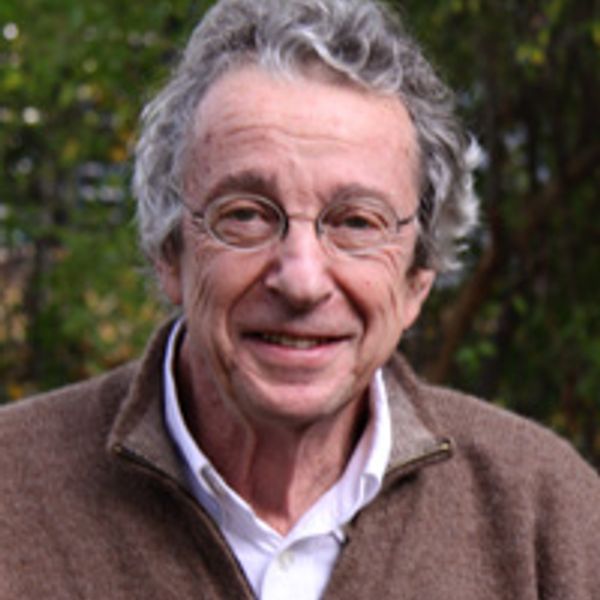Lia Purpura, Parasol Mushroom (detail), featured in AGNI 102
Blackbird
There was nothing I could have done—
a flurry of blackbirds burst
from the weeds at the edge of a field
and one veered out into my wheel
and went under. I had a moment
to hope he’d emerge as sometimes
they will from beneath the back
of the car and fly off,
but I saw him behind on the roadbed,
the shadowless sail of a wing
lifted vainly from the clumsy
bundle of matter he’d become.
There was nothing I could have done,
though perhaps I was distracted:
I’d been listening to news of the war,
hearing that what we’d suspected
were lies had proved to be lies,
that many were dying for those lies,
but as usual now, it wouldn’t matter.
I’d been thinking of Lincoln’s,
“ . . .You can’t fool all of the people
all of the time. . .” how I once
took comfort from the hope and trust
it implied, but no longer.
I had to slow down now,
a tractor hauling a load of hay
was approaching on the narrow lane.
The farmer and I gave way and waved:
the high-piled bales swayed
menacingly over my head but held.
Out in the newly harvested fields,
already harrowed and raw,
more blackbirds, uncountable
clouds of them, rose, held
for an instant, then broke,
scattered as though by a gale.

C. K. Williams
C. K. Williams was an acclaimed American poet and translator. He won the National Book Critics Circle Award for Flesh and Blood (Farrar, Straus & Giroux, 1987), the National Book Award for The Singing (FSG, 2003) and the Pulitzer Prize for Repair (FSG, 2000). He taught in the Creative Writing Program at Princeton University.
His poem “A Hundred Bones” from AGNI 72 was chosen for The Best American Poetry 2011.
